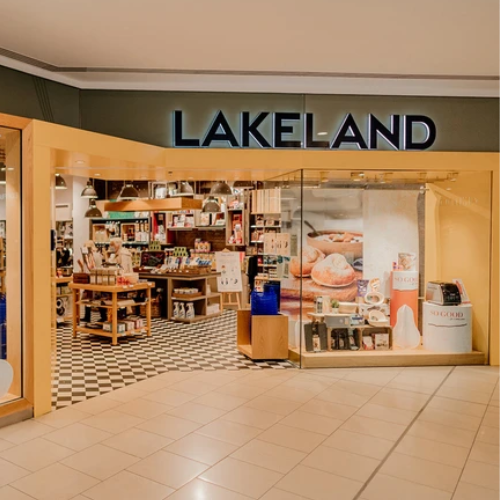The British Independent Retailers Association has expressed concern over the latest figures from the BRC-NIQ Shop Price Index for February 2025.
Speaking about the report, which can be downloaded from the BRC website, BIRA, which works with over 6,000 independent businesses of all sizes across the UK, said while overall shop prices remain in deflation, the rise in food prices is worrying for retailers and consumers alike.
Also reported:
- Shop price inflation was unchanged at -0.7% year on year in February, against a decline of -0.7% in January. This is above the 3-month average of -0.8%.
- Non-Food inflation decreased to -2.1% year on year in February, against a decline of -1.8% in January. This is in line with the 3-month average of -2.1%.
- Food inflation increased to 2.1% year on year in February, against growth of 1.6% in January. This is above the 3-month average of 1.8%.
- Fresh Food inflation increased to 1.5% year on year in February, against growth of 0.9% in January. This is above the 3-month average of 1.2%.
- Ambient Food inflation increased to 2.8% year on year in February, against growth of 2.5% in January. This is above the 3-month average of 2.7%.
Andrew Goodacre, BIRA ceo said: “The retail market is showing a split with essential categories such as food showing inflation and the non-essential sectors having to reduce prices (deflation) to drive sales. It is well known in retail that higher inflation in essentials (food, utilities and petrol are all increasing) has a disproportionate impact on consumer confidence and significantly reduces demand for the non-essential items.
“The extra costs for employers and the 140% increase in business rates from April will add to inflation and continue to damage the wider high street supported by independent retailers.”
Helen Dickinson OBE, chief executive, British Retail Consortium, said: “While shop prices remained in deflation in February, prices on the month saw the biggest increase in the last year. Breakfast, in particular, got more expensive as butter, cheese, eggs, bread and cereals all saw price hikes. Climbing global coffee prices could threaten to push the morning costs higher in the coming months. In non-food, month on month prices rose as January Sales promotions ended, especially in electricals and furniture. But discounting is still widespread in fashion as retailers tried to entice customers against a backdrop of weak demand.
“Inflation will likely rise across the board as the year progresses with geopolitical tensions running high and the imminent £7bn increase in costs from the Autumn Budget and the new poorly designed packaging levy arriving on the doorsteps of retailers. We expect food prices to be over 4% up by the second half of the year.
“If Government wants to keep inflation at bay, enable retailers to focus on growth, and help households, it must mitigate the swathe of costs facing the industry. It can start by ensuring no shop ends up paying more than they already do under the new business rates proposals and delaying the new packaging taxes.”


























